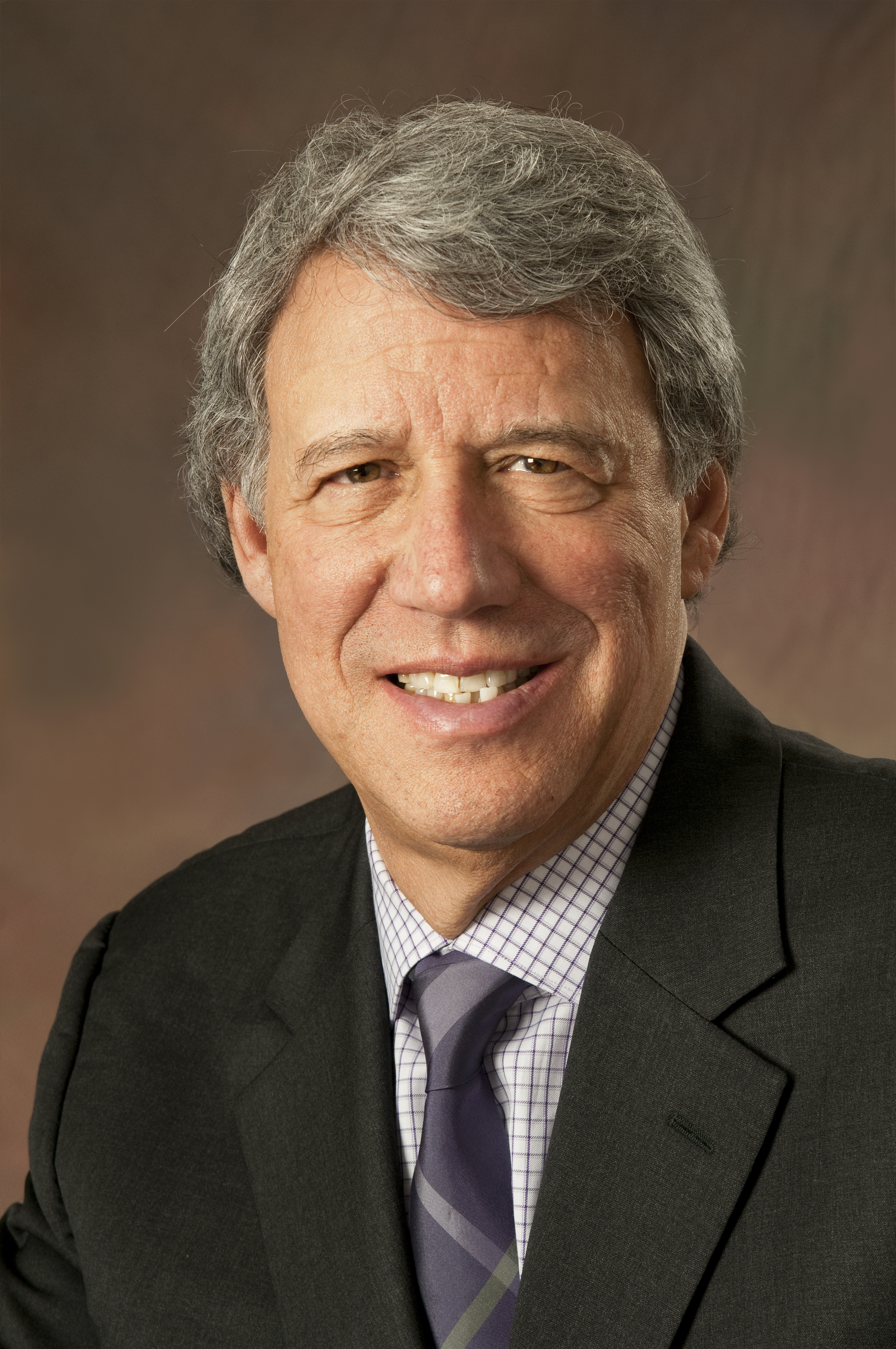Dean of the University of Chicago Law School: 1987-1994
Deanship
Geoffrey R. Stone assumed the deanship of UChicago Law in 1987. He was the second alumnus to hold the role (Edward H. Levi ‘35 being the first). Stone’s priorities for the Law School included, “teaching, scholarship, collegiality, and good relations between faculty and students in a mutually supportive environment.” ["Geoffrey Stone is Reappointed Dean"] Stone oversaw efforts to ensure that teaching remained a central focus for the faculty through student course evaluations, videotaping classes for teachers to improve their lessons, and supporting the students’ establishment of a new award for teaching excellence. To advance faculty scholarship, the Law School improved the faculty’s research support both logistically and financially. Stone established the Law School’s famous Work-in-Progress (WIP) as a means to enable faculty members to present papers to their colleagues every week in a lively and engaging discussion. For students’ scholarship, there were new research fellowships in a range of fields, as well as new requirements to complete two substantial research projects in the second and third years. Under Stone’s leadership, the Law School sought to foster a community spirit among students by incorporating their input on faculty committees, holding quarterly town hall meetings, and fostering the creation of a range of new academic and social organizations for students. The Law School strengthened its commitment to service by establishing a Public Service Program that offers grants to students who do public service work over the summer, provides loan deferment and forgiveness for alumni who pursue public service careers, and facilitates job placement for those interested in public service opportunities.
Prominent faculty hires during Stone’s deanship included criminal justice professor Randolph N. Stone (director of the Mandel Legal Aid Clinic from 1991-2001), criminal and juvenile law expert Herschella Conyers, political scientist Stephen T. Holmes, commercial law scholar Randal C. Picker, and future Supreme Court Justice Elena Kagan. Notably, future-President Barack Obama also began teaching at the Law School in 1992, and continued to do so until he was elected to the U.S. Senate in 2004. During Stone's tenure, the student body continued to grow more diverse. In 1983, the entering class was 31% female and 5% minority students; by 1993, those percentages rose to 45% and 21%, respectively.
In the summer of 1987, the Law School established the Law and Government Program. It joined the Center for Criminal Justice Studies, the Law and Economics Program, and the Program in Legal History as yet another site for interdisciplinary research, teaching, and scholarship at the University of Chicago Law School. Founded in commemoration of the bicentennial of the constitution, the program sought to explore the relationship between law and government in the United States. Legal education and scholarship often focused on judicial process, overlooking the many other ways that laws shape the exercise of governmental power. The Law and Government Program drew on a wide range of fields beyond law to aid its inquiry, such as philosophy, political science and theory, economics, and history. In that vein, the program promoted joint faculty appointments with other schools and departments at the University of Chicago, in addition to hosting a workshop and inviting fellows for residencies. Former dean Gerhard Casper, the William B. Graham Professor of Law, was named the first director of the program.
Under the auspices of the Law and Government Program, Stone facilitated the establishment of another innovative program, the Center for the Study of Constitutionalism in Eastern Europe. Following the collapse of Communism in late 1989, UChicago faculty Stephen T. Holmes, Jon Elster, and Cass Sunstein sought to record and analyze the historic constitutional endeavors taking place in former Soviet satellite states as they moved from autocracy to democracy and from command to privatized markets. The program engaged correspondents in 15 countries to cover the constitutional drafting processes; built extensive documentary and audiovisual archives; held conferences both in Europe and the United States; and published the quarterly journal, East European Constitutional Review. Like its parent organization, the Center for the Study of Constitutionalism in Eastern Europe drew on UChicago’s strong interdisciplinary tradition. As Stone said of the Center in 1993: “It would be very unnatural for most other law schools to have a center that came from two people in political science—Holmes and Elster—but at Chicago that was quite natural.” [See "Present at the Creation," October 1993 UChicago Magazine, 21]


